Ypsilanti Embraces Decriminalization of Psychedelic Plants and Fungi
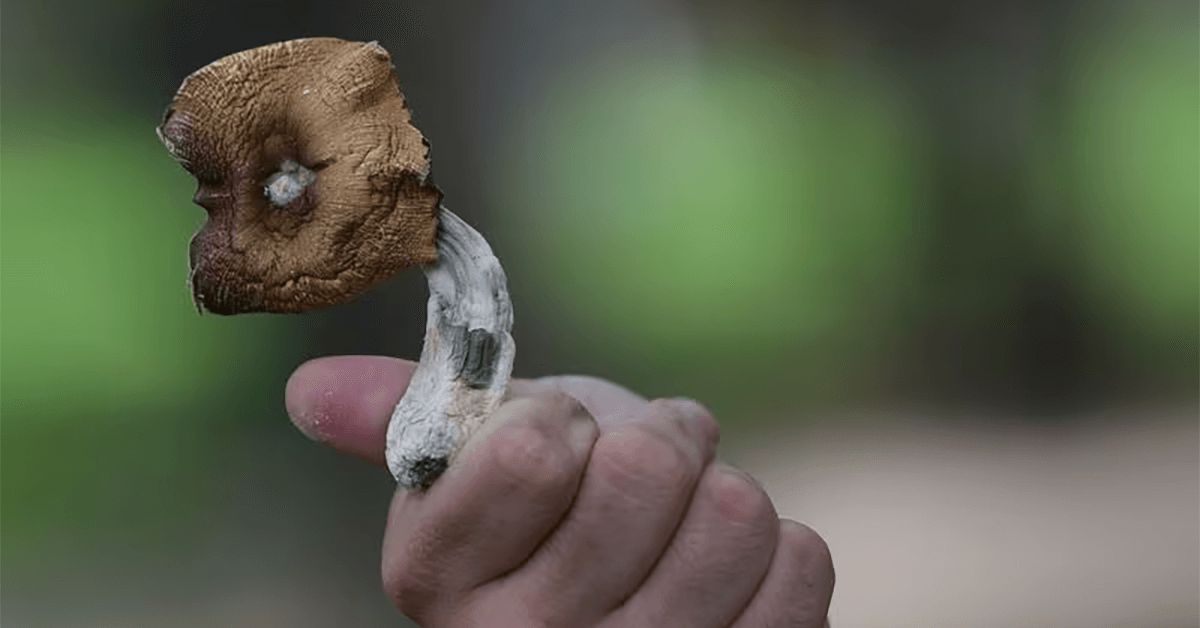
Editorial Note: Although this topic does not directly concern cannabis, it is closely related in terms of policy reform and decriminalization efforts. Given the relevance of these issues to our audience, we believe this news is significant and pertinent to our community.
Ypsilanti, Michigan, has recently aligned with over two dozen cities across the United States by adopting a progressive stance on the personal use of psychedelic plants and fungi, including "magic mushrooms." This landmark decision was unanimously agreed upon by city leaders on Tuesday, January 9th, signaling a shift in local drug policy.
The substances involved in this decriminalization include ayahuasca, ibogaine, mescaline, psilocybin mushrooms, and other plant-based substances known for their hallucinogenic properties. These plants, despite being illegal under state and federal law, have now been de-prioritized in terms of criminal investigation and penalties in Ypsilanti.
Larry Norris, a co-founder of Decriminalize Nature and an advocate for the policy, praised the decision. He emphasized the importance of cognitive liberty and personal spiritual growth, highlighting the resolution's significance in fostering these values.
Ypsilanti follows the steps of other Michigan cities like Detroit, Ferndale, Hazel Park, and Ann Arbor, all of which have previously adopted similar stances on entheogenic plants and fungi. The resolution passed in Ypsilanti states that any activities involving the personal use, growth, and possession of these substances should be the city's lowest law enforcement priority.
Importantly, the resolution also bars the use of city funds or resources for any law enforcement activities related to these plants. This move aligns with the Washtenaw County Prosecutor's Office's existing policy of not prosecuting such cases.
However, the resolution does not permit commercial sales or manufacturing of these substances. It also restricts their possession in schools, prohibits driving under the influence, and addresses the potential for public disturbances.
Former Ann Arbor City Council Member Anne Bannister shared that Ann Arbor, which decriminalized these substances in 2020, has not experienced any negative consequences from this policy.
Advocacy efforts from Decriminalize Nature Michigan and personal testimonies from residents about the therapeutic benefits of psychedelic plants in treating mental health issues played a significant role in this decision. Personal accounts from individuals like Michelle Donaldson highlighted the transformative impact these substances can have, citing benefits in mental health and personal well-being.
Council Member Steve Wilcoxen recognized the historical and therapeutic significance of these plants, acknowledging the numerous studies that support their benefits in treating addiction and other mental health issues.
Furthermore, the resolution was amended to communicate its principles to law enforcement agencies outside city jurisdiction, emphasizing Ypsilanti's commitment to these values.
Ypsilanti's decision is seen as a step towards addressing systemic inequities, particularly those affecting Black people and people of color. Activist Cornelius Williams underscored the importance of municipal-level policy changes in influencing broader state and federal legislation.
With this decision, Ypsilanti becomes one of the 27 communities nationwide to adopt such a progressive approach towards psychedelic plants and fungi, marking a significant moment in the ongoing conversation about drug policy and decriminalization.
Share this article:
Spotted a typo, grammatical error, or a factual inaccuracy? Let us know - we're committed to correcting errors swiftly and accurately!


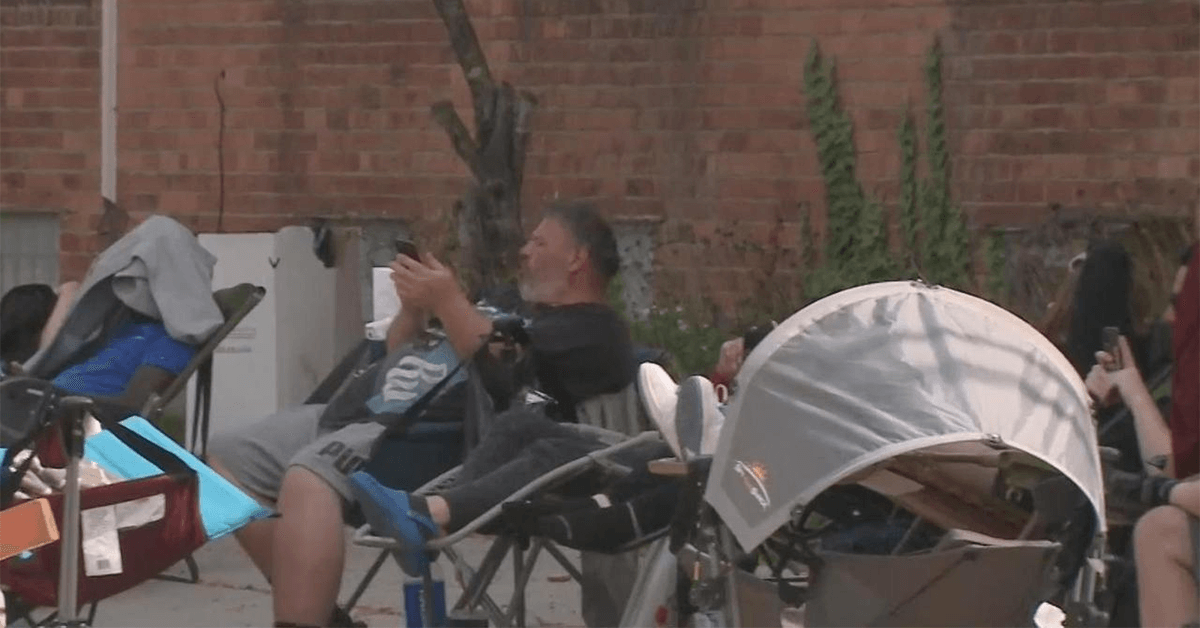
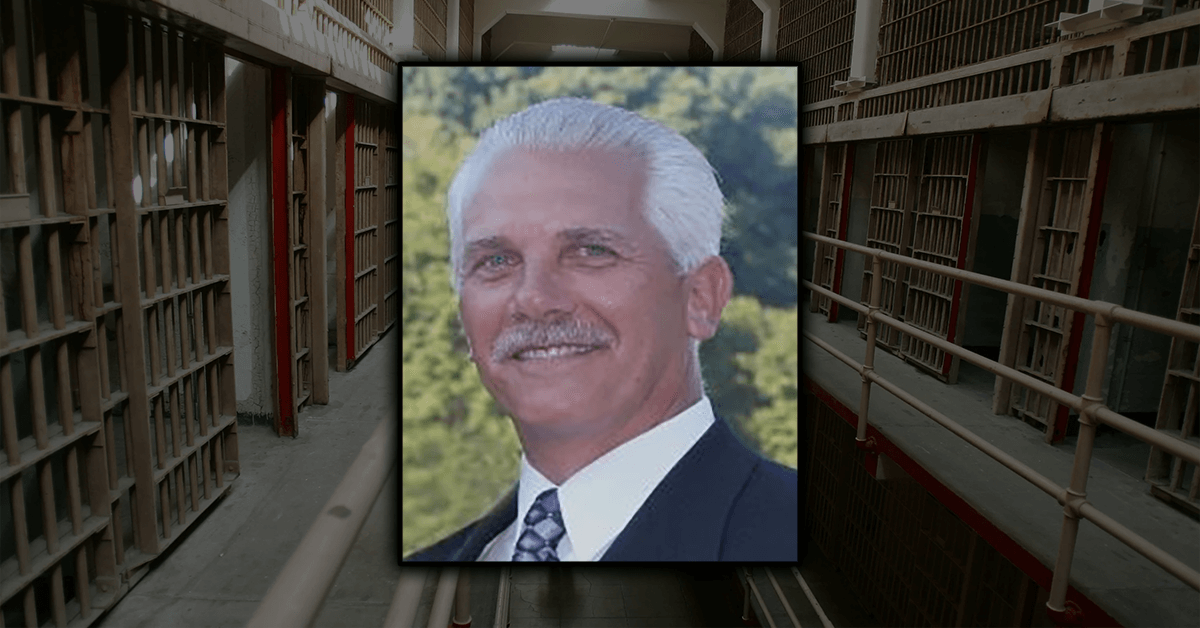
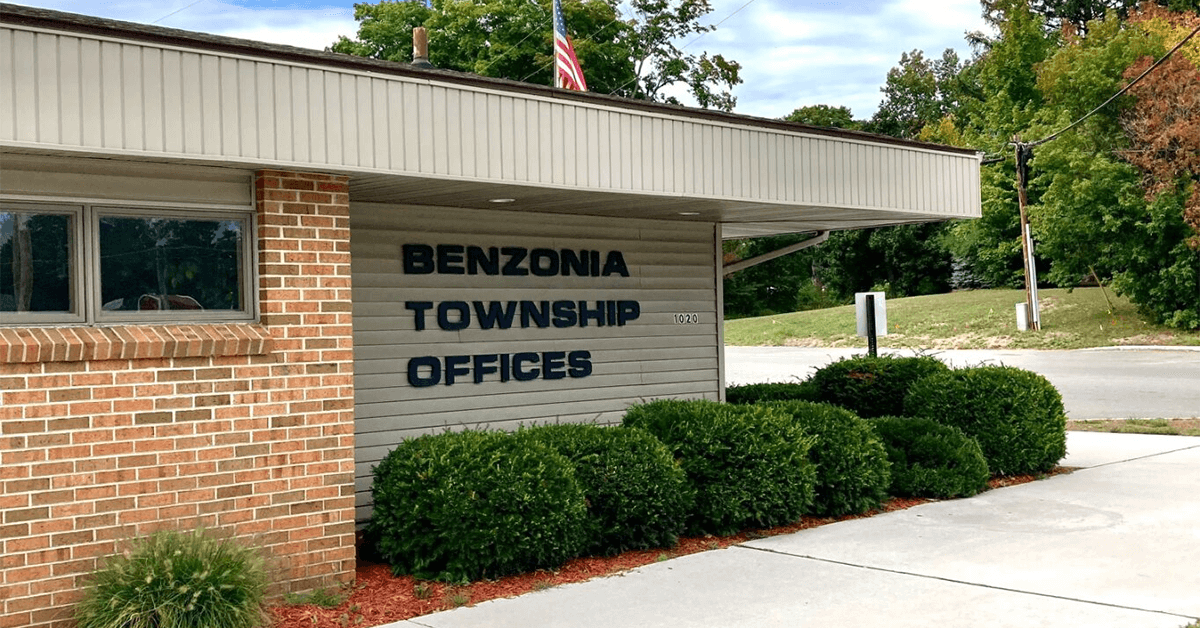
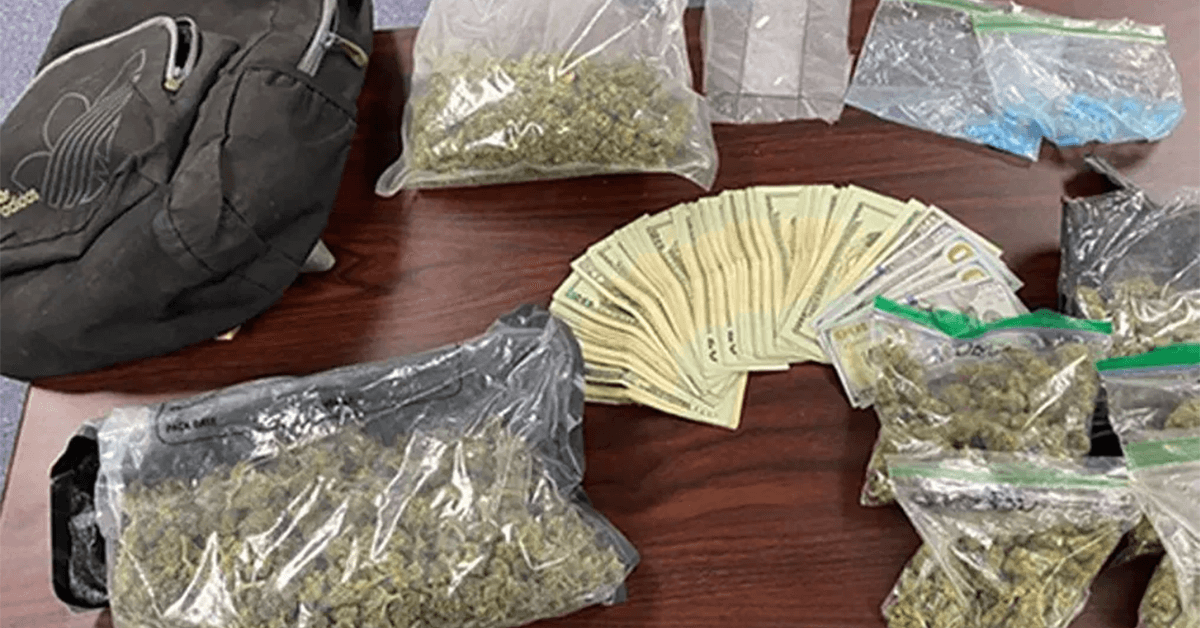


 Helpful Links
Helpful Links